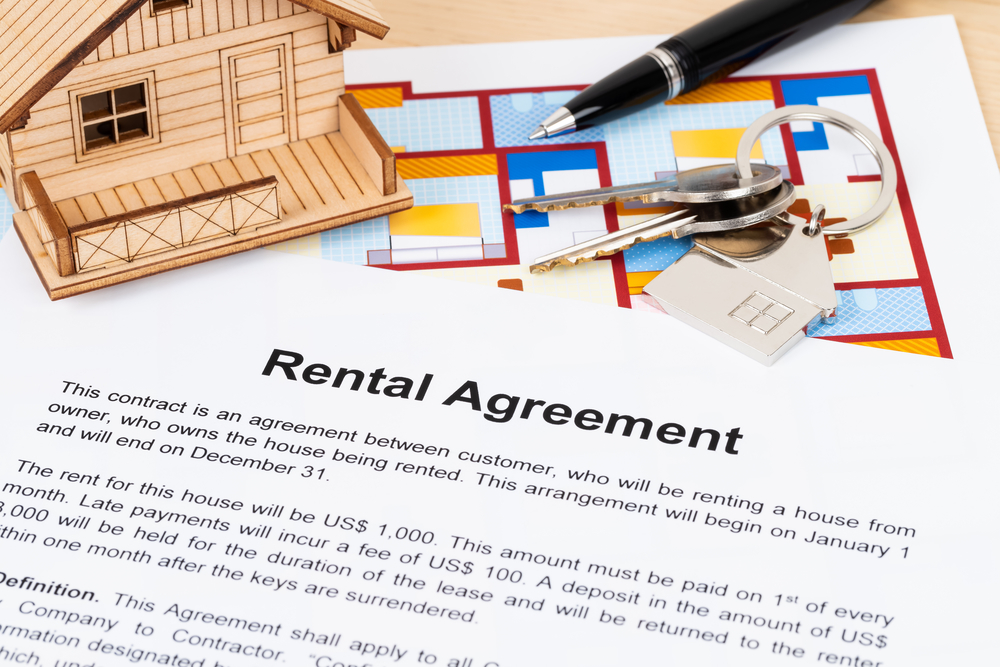
If you are currently a landlord of one or more properties, or if you are considering going into the business of purchasing and renting out real estate, you may be weighing out the pros and cons. It’s no secret that being a landlord and finding good tenants can be a headache—and many of us conversely have also had the experience of being a tenant in a frustrating situation. Unfortunately, these are situations that often lead to legal disputes too. Five of the most common reasons lawsuits occur include:
- Rent payments – while these types of disputes usually emerge due to rent that is late or becoming seriously delinquent, tenants may have concerns too about being charged an amount not previously agreed on or having to pay for repairs for problems like plumbing or leaks, or defective appliances. Exact amounts to be paid (and when) should be clearly outlined in any lease—whether residential or commercial—along with how repairs are to be made or charged to the landlord.
- Security deposits – all too often, these financial transactions are an area of concern and conflict. Tenants may have some difficulty in coming up with first and last month’s rent and a security deposit to begin with, and they expect to get those funds back upon moving out. All too often though, landlords may be left with expenses that eat up an entire security deposit and then some. Renters are often dismayed to find that they do not receive a security deposit back or that it is significantly diminished. If you have found yourself in either scenario before, then you are aware of how heated these disputes can become—as well as landing everyone in court.
- Evictions – this is often related to times when the tenant does not pay, but overall, evictions occur when the tenant has not held up their end of the bargain in terms of the lease. If you are a landlord, you must follow the proper steps before you can legally evict anyone. Tenants may also sue for wrongful eviction if they are being forced to leave for questionable reasons.
- Damage – no matter how damage occurs, it can be devastating to your investment as a landlord. If the tenant is at fault, you may have solid legal recourse—and if they have already moved out, the security deposit may have gone toward fixing any problems.
- Discrimination – another touchy subject, tenants or potential tenants may sue if they experience any sort of discrimination or violations of the Federal Fair Housing Act in the rental process or afterward.
Are you in the middle of a landlord/tenant dispute, or do you need help creating or negotiating a commercial or residential lease? Call Shane Coons now at 949-333-0900 or email us at Shane.Coons@seclawoffices.com. We can review your needs for creating a contract, answer your questions, and help you decide how to move forward. We are here to help!
